A book review published in The Weekend Australian on November 3. The full review follows.
New media’s Machiavellis
“My job is to lie to the media so they can lie to you,” 25-year-old Ryan Holiday writes on the first page of his first book. “I cheat, bribe, and connive for bestselling authors and billion-dollar brands and abuse my understanding of the internet to do it.”
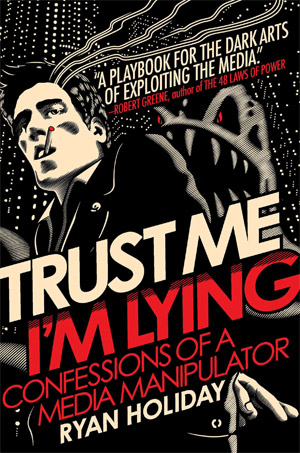 It’s a frank admission from the marketing director of Los Angeles-based clothing company American Apparel, and one that sets the tone for an explosive insight into new media manipulation.
It’s a frank admission from the marketing director of Los Angeles-based clothing company American Apparel, and one that sets the tone for an explosive insight into new media manipulation.
Trust Me, I’m Lying documents Holiday’s consistent exploitation of online publishers – from small-fry blogs to the websites of national media outlets – in the name of publicising his client list, which also includes Tucker Max, a popular American author whose stories centre on binge drinking and sexual debauchery.
By revealing his tactics and explaining his strategies, Holiday exposes the blog-led model of “pageview journalism” as a vapid and desperate sham.
Though this book concentrates on American websites such as the Huffington Post and Gawker, its message is relevant to all online publishers. Holiday describes his mission “to rip back the curtain and expose a problem that thus far everyone else has been too intimidated or self-interested to discuss openly”. Namely, the web is “hopelessly broken”:
The economics of the internet created a twisted set of incentives that make traffic more important – and more profitable – than the truth. With the mass media – and today, mass culture – relying on the web for the next big thing, it is a set of incentives with massive implications.
This economy – in which websites and blogs simply need traffic to sell advertisements, and where a perusing reader and accidental click are one and the same – leads the incessant hunger for new content. By design, this is a situation ripe for exploitation, as the income of many bloggers depends on their page views.
“It’s a great time to be a media manipulator when your marks actually love receiving PR pitches,” Holiday notes.
The first half of this book is devoted to how blogs work or, as Holiday describes it, “feeding the monster”. In an apparent nod to his mentor Robert Greene, author of The 48 Laws of Power, Holiday outlines nine tactics, such as “give them what spreads, not what’s good” and “use the technology against itself”.
These are all valid tactics that Holiday has used when promoting his clients. However, he notes some readers may be tempted to use them as an instruction manual for manipulation of their own. “So be it,” he writes. “You will come to regret that choice, just as I have. But you will also have fun, and it could make you rich.”
In the second half of the book, “The monster attacks”, Holiday ruminates on what blogs mean. He takes a blade to press-led online extortion, iterative journalism (one top blogger is quoted as saying “getting it right is expensive, getting it first is cheap”), the sad truths of “snark” writing and “online entertainment tactics that drug you and me”.
This book is essential reading for anyone working in the media, online or off, and also for those who want to understand how the PR industry influences what appears on screens, in newspapers and magazines, and over airwaves. Marketers and the media are increasingly on the same team; this book is something of a wake-up call.
“The world is boring, but the news is exciting,” Holiday writes. “It’s a paradox of modern life. Journalists and bloggers are not magicians, but … you must give them some credit. Shit becomes sugar.”
Similarly, it is a credit to the author’s writing style and analytical abilities that this book never becomes weighed down in media theory. Every point is backed up with penetrating personal anecdotes.
The narrative is tied to a rich understanding of media history, all the way back to the street vendor “cash and carry” innovation of New York newspaper The Sun in 1833, which is eerily similar to the gaudy, attention-grabbing media model of 2012.
Holiday is incisive and merciless. It is clear he has the perceptiveness and wherewithal to turn his still-nascent career into a fortune from advising the rich and powerful, yet this book is a step back from that dark art. In the introduction, he writes of his hope that, by exposing these vulnerabilities in the media system, they’ll no longer work as well. We’ll see about that.
Trust Me, I’m Lying: Confessions of a Media Manipulator
By Ryan Holiday
Portfolio, 272pp, $26.95 (HB)
Andrew McMillen is a Brisbane-based freelance journalist.
Never before has an album like this been released by a popular Australian rock act. Dark, deep and challenging, Asymmetry is the third album by Karnivool in eight years, and it sees the Perth quintet moving further away from the accessible, pop-like approach to songwriting that characterised its early releases in favour of intricate, unwieldy prog-rock suites.
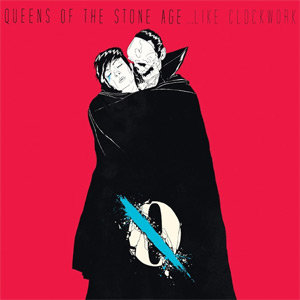 The sixth album from this Californian hard rock band solidifies its reputation for consistency. Though founding singer-guitarist Josh Homme is the only ongoing member, he has become known for attracting a rotating cast of accomplished players since the band’s self-titled debut in 1998.
The sixth album from this Californian hard rock band solidifies its reputation for consistency. Though founding singer-guitarist Josh Homme is the only ongoing member, he has become known for attracting a rotating cast of accomplished players since the band’s self-titled debut in 1998.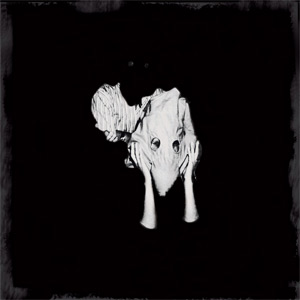 There are bands with distinctive sounds, and then there’s Sigur Ros. These Icelandic gentlemen have produced seven albums, including Kveikur (pronounced ‘quaker’, meaning candlewick in the mother tongue); and with each successive release they further distance themselves from any other act, past or present.
There are bands with distinctive sounds, and then there’s Sigur Ros. These Icelandic gentlemen have produced seven albums, including Kveikur (pronounced ‘quaker’, meaning candlewick in the mother tongue); and with each successive release they further distance themselves from any other act, past or present.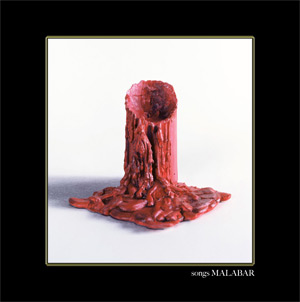 The second album by one of the least Google-friendly bands is short in duration – 39 minutes all up – but long on quality ideas.
The second album by one of the least Google-friendly bands is short in duration – 39 minutes all up – but long on quality ideas.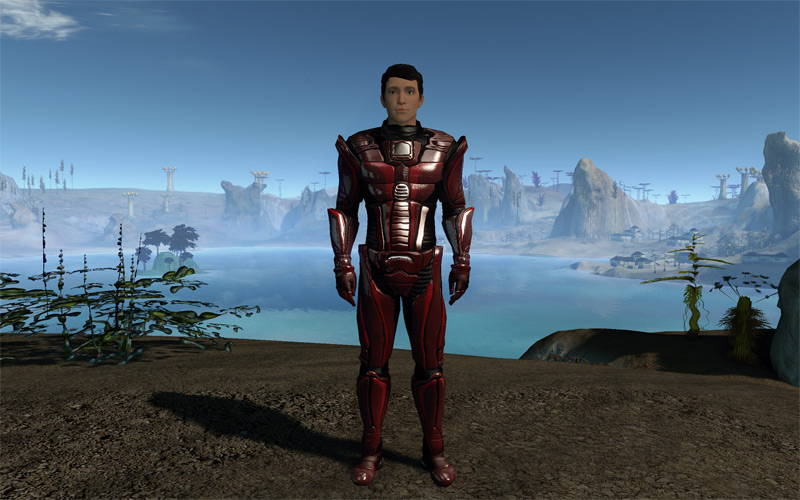
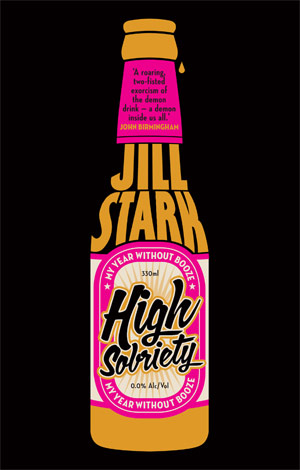 Scottish-born journalist Jill Stark was a health reporter with a blind spot: despite writing about Australia’s binge-drinking culture for The Age newspaper, she would regularly drink to excess, as she’d done since her teens.
Scottish-born journalist Jill Stark was a health reporter with a blind spot: despite writing about Australia’s binge-drinking culture for The Age newspaper, she would regularly drink to excess, as she’d done since her teens.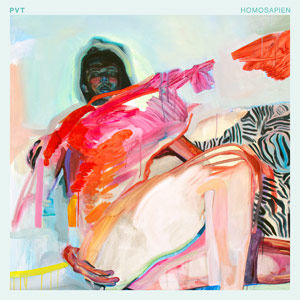 Three stylistic decisions have shifted Sydney act PVT – formerly known as Pivot – from a great band to a good one.
Three stylistic decisions have shifted Sydney act PVT – formerly known as Pivot – from a great band to a good one.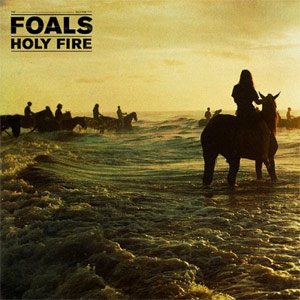 By merging dance-floor beats with finicky guitar theatrics on their 2008 debut album, Antidotes, this British band emerged with a singular vision.
By merging dance-floor beats with finicky guitar theatrics on their 2008 debut album, Antidotes, this British band emerged with a singular vision. It takes a long time to make music sound as good as m b v does. About 22 years, in fact.
It takes a long time to make music sound as good as m b v does. About 22 years, in fact.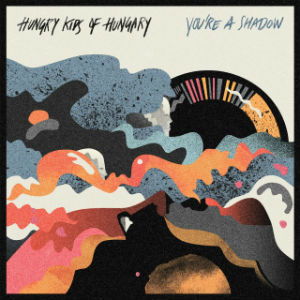 Hungry Kids of Hungary’s 2010 debut, Escapades, gave a strong portent of the songwriting and musical ability lurking within.
Hungry Kids of Hungary’s 2010 debut, Escapades, gave a strong portent of the songwriting and musical ability lurking within.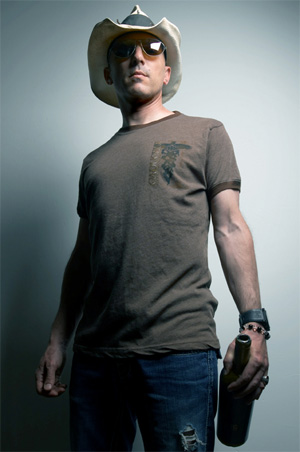 Don’t ask about Tool. Don’t ask about A Perfect Circle. Definitely don’t ask when Tool’s next album – their first since 2006’s 10,000 Days – is due. These are the publicist-stated rules of engagement when interviewing Maynard James Keenan, frontman of those two bands and also Puscifer, a “multimedia project” that encompasses music, film, performance, wine and clothing, and has released two albums so far: 2007’s V Is For Vagina and 2011’s Conditions Of My Parole. Keenan is touring the Puscifer show outside of North America for the first time in February 2013, with three Australian theatre shows booked around his commitments with A Perfect Circle at Soundwave Festival.
Don’t ask about Tool. Don’t ask about A Perfect Circle. Definitely don’t ask when Tool’s next album – their first since 2006’s 10,000 Days – is due. These are the publicist-stated rules of engagement when interviewing Maynard James Keenan, frontman of those two bands and also Puscifer, a “multimedia project” that encompasses music, film, performance, wine and clothing, and has released two albums so far: 2007’s V Is For Vagina and 2011’s Conditions Of My Parole. Keenan is touring the Puscifer show outside of North America for the first time in February 2013, with three Australian theatre shows booked around his commitments with A Perfect Circle at Soundwave Festival.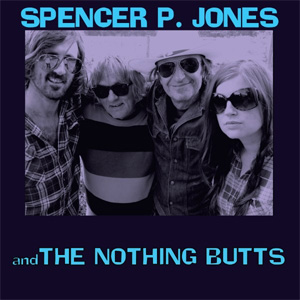 For Australian rock fans, this supergroup is a match made in heaven: two members from Beasts of Bourbon and two from The Drones combining to make a beautiful racket.
For Australian rock fans, this supergroup is a match made in heaven: two members from Beasts of Bourbon and two from The Drones combining to make a beautiful racket.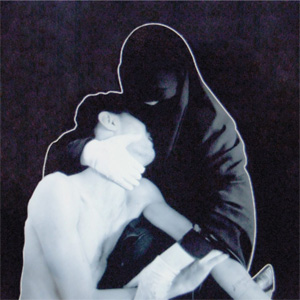 The third full-length album released by this young Canadian electronic duo lacks the immediate sonic punch that made their first two albums such compelling listens.
The third full-length album released by this young Canadian electronic duo lacks the immediate sonic punch that made their first two albums such compelling listens. It’s a frank admission from the marketing director of Los Angeles-based clothing company American Apparel, and one that sets the tone for an explosive insight into new media manipulation.
It’s a frank admission from the marketing director of Los Angeles-based clothing company American Apparel, and one that sets the tone for an explosive insight into new media manipulation.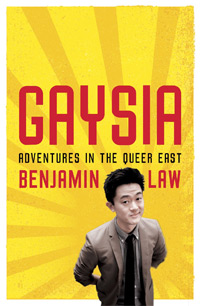 After exploring his upbringing in the 2010 comic memoir The Family Law, Benjamin Law turns to another topic close to his heart. An Australian of Chinese ancestry, he sets out to explore attitudes to homosexuality in seven Asian countries.
After exploring his upbringing in the 2010 comic memoir The Family Law, Benjamin Law turns to another topic close to his heart. An Australian of Chinese ancestry, he sets out to explore attitudes to homosexuality in seven Asian countries.